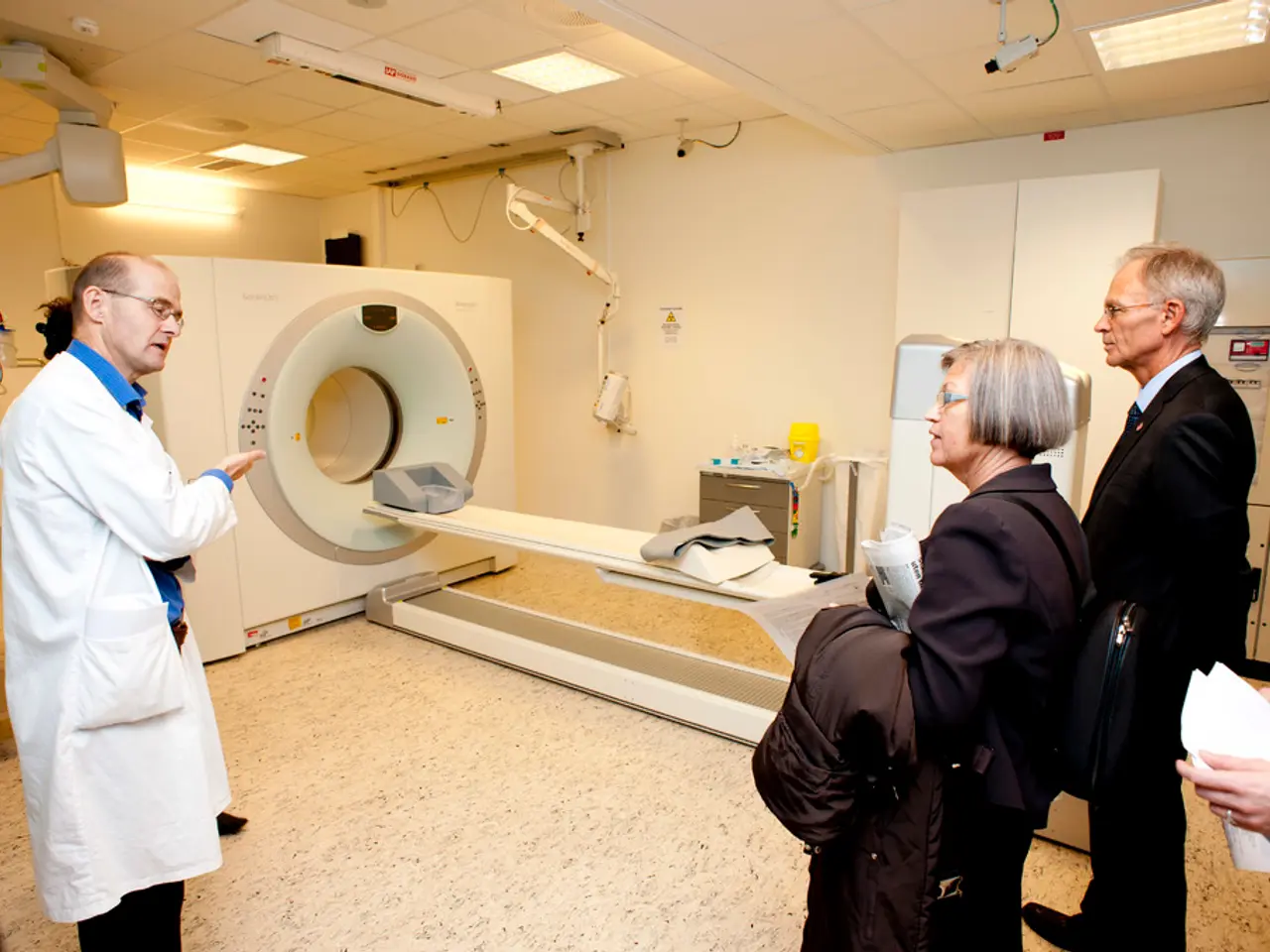Prescription norms and accountability: novel methods in medical dispensation
In the rapidly evolving world of healthcare, regulatory bodies are faced with a unique challenge: balancing the simplification of processes with ensuring quality control, without unduly restricting therapeutic freedom and patient sovereignty. This is particularly evident in the shift towards telemedicine, a transformation that is reshaping medical prescription practices.
Telemedicine, with its emphasis on electronic prescriptions, video consultations, and digital health platforms, presents a new landscape for healthcare. Initiatives aim to streamline the prescription process, making it more efficient and accessible. However, this shift also brings about complexities, such as the documentation of telephone conversations and video conferences, which are more intricate than traditional doctor's visits.
The legal framework for digital prescriptions is constantly being adjusted to ensure drug supply remains safe and traceable. The e-prescription, for instance, is a key component of this evolution, facilitating a digital process that replaces paper prescriptions with QR codes. This system, managed by the German National Association of Statutory Health Insurance Physicians (KBV) and supported by Gematik's infrastructure, enables doctors to issue and sign e-prescriptions digitally, improving medication tracking, enabling automatic updates of medication lists, and facilitating integration with patient records.
However, this transformation also raises new questions. For example, who is responsible when a medication is prescribed whose risks are harder to assess in a remote treatment? The professionalization of telemedical standards is a necessary ethical-legal task to address these concerns.
Moreover, the increase in telemedical offerings is fundamentally changing the relationship between doctor and patient. There is a risk that business models may emerge that turn prescription access into a marketable product, blurring the boundaries between medical performance and service. If providers advertise with quick availability or easy prescription, there is a risk that medical decisions will be made under economic pressure.
The prescription process is becoming a focus of health policy debates regarding access, abuse prevention, medical responsibility, and regulatory control. A more precise legal definition of what constitutes a medically justified prescription is urgently needed. The challenge lies in consciously building robust structures that ensure medical quality, patient protection, and innovation equally.
New questions also arise regarding the duty of care when prescriptions can be issued without a physical examination. This shift in prescription practices, emblematic of platforms like [insert platform name], requires a fundamental renegotiation of what medical responsibility means in the digital age.
In conclusion, the medical prescription process is undergoing a significant transformation due to digitalization and societal value shifts. Maintaining trust in a medicine that assumes its responsibility even in a changed technical and social environment is crucial. The professionalization of telemedical standards, clear legal definitions, and a focus on data protection, licensing procedures, and the observance of medical standards that prioritize patient protection are key to navigating this transformation successfully.








